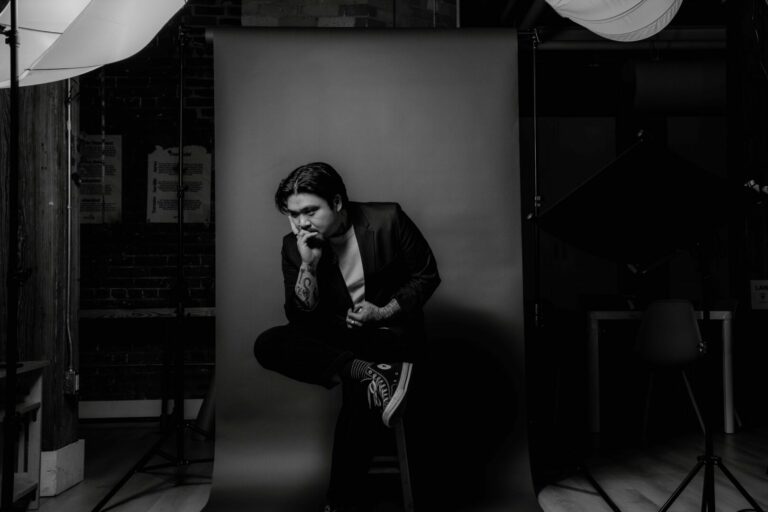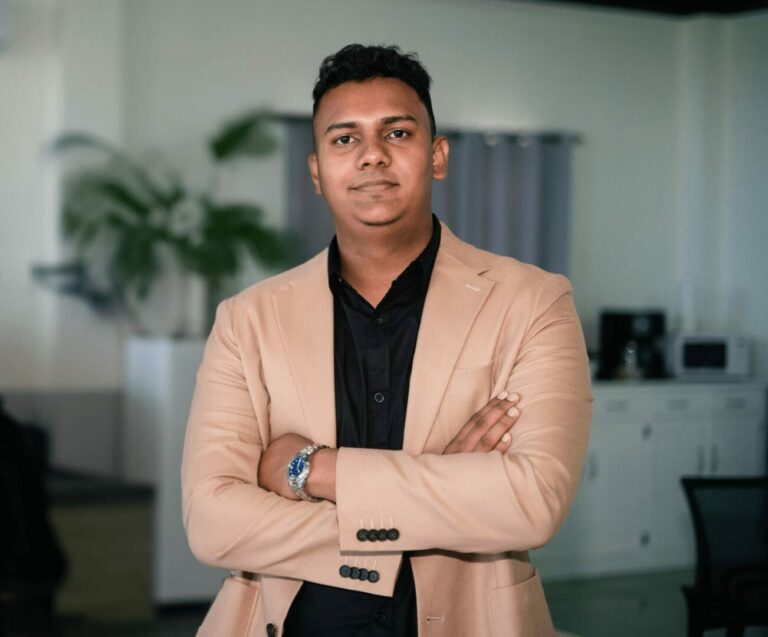Alright – so today we’ve got the honor of introducing you to Erin Copelan. We think you’ll enjoy our conversation, we’ve shared it below.
Hi Erin, thank you for joining us today and sharing your experiences and acquired wisdom with us. Burnout is a huge topic these days and so we’d love to kick things off by discussing your thoughts on overcoming or avoiding burnout
I suppose I can say I overcame caregiver burnout, because I’m here to talk about it.
But I didn’t do it gracefully.
According to Family Caregiver Alliance (www.caregiver.org) 40-70% of caregivers report clinically significant levels of depression and I was one of them. In my book, “Welcome to Caregiving: The Things Caregivers Never Talk About,” I describe the depression as being in quicksand. You’re stuck there and the more you try to move, the more you try to escape, the more you sink. Slowly. Steadily. Normal tasks feel impossible. You fight to do them, because you’re caring for your most favorite person and they need you.
You begin to prioritize the life of another and forgo any and all care for yourself. Self-care feels like a bad word – just another thing to add to the to-do list. Another one of the “other duties as assigned,” that a caregiver has to take on; like being the Kitchen Table Pharmacist, The Burro, Chauffeur, or Sous-Nurse…
The damage can feel irreparable.
But it’s not impossible to overcome.
With the blessed gift of hindsight… (ohhh HINDSIGHT!)… I learned that reframing the concept of self-care could have helped me recover much faster. Acknowledging what I was already doing for myself, even on days when it was the bare bones minimum, that it was enough. Making just a *little* (and I mean LITTLE) space for myself. Learning that the trauma of caregiving takes residence in our bodies and discovering ways to release it.
A not so fun fact: the caregiver of someone with dementia is at risk of comprising their immune systems for up to 3 years after their caregiving experience ends. (Family Caregiver Alliance: www.caregiver.org).
While my husband has been cancer free for four years now, my healing journey continues. Part of that healing for me is helping to soften the caregiving journey for others.
Thanks, so before we move on maybe you can share a bit more about yourself?
In 2009, I became the sole Caregiver to my husband as he was diagnosed with cancer, underwent multiple surgeries, and had a successful liver transplant. With caregiving experience that spans over a decade in multiple states with multiple medical centers, I was called to share my stories with the underserved caregiving community. I am also a UNOS Ambassador helping to spread the word of the importance of organ donation.
Every day I uncover a new facet of my caregiving experience. And every day I want to share it so I can help just ONE person survive caregiving with a little more softness. A little more love. My goal is not to tell anyone HOW to be a Caregiver… because there’s no right way and there’s no wrong way… but it’s to share the hard lessons I learned so maybe you don’t have to repeat them, or even better, maybe you feel a little compassion for yourself.
I’m having a lot of fun right now doing podcast interviews, creating free content for my community (I just published “Five Ways to Celebrate (without cake or champagne) to encourage Caregivers to pause to celebrate the small things in life. I also get a lot of joy out of writing my weekly Hump Day Newsletter.
There is so much advice out there about all the different skills and qualities folks need to develop in order to succeed in today’s highly competitive environment and often it can feel overwhelming. So, if we had to break it down to just the three that matter most, which three skills or qualities would you focus on?
There are some interesting human qualities that may not serve me in all areas of life, but they made me a damn good caregiver!
Being Controlling. Yes, it’s okay to laugh. But this quality drove me to research, learn, ask questions, and organize which helped me be a good patient advocate and helped him get the best possible care.
Using My Voice. Nope. I actually did NOT have this skill when I started my caregiving journey. It took a medical error nearly killing my husband for me to learn to speak up. I was afraid of upsetting the medical professionals, but I also learned that questions can be phrased with care, curiosity, and urgency, without being cruel, or critical.
Resilience. Again, I didn’t approach this quality with any form of balance. I didn’t know how to say “no.” But darn it, I was there every day, and I knew I would be, for better or worse, sicker or poorer.
Caregiving isn’t a particularly good time to try to change who you are. It’s not the optimal time for a deep dive into self-development. But you can be aware. You can create space. You can take the pause. Because it’s all about love.
One of our goals is to help like-minded folks with similar goals connect and so before we go we want to ask if you are looking to partner or collab with others – and if so, what would make the ideal collaborator or partner?
I’ve been actively building my resources so Caregivers have more access to more tools to support their caregiving journey. I’m always interested in chatting with people who offer tools to enhance that support.
Contact Info:
- Website: www.erincopelan.com
- Instagram: @erin_copelan
- Facebook: erin.copelan
- Linkedin: erincopelan
- Youtube: @erin_copelan








